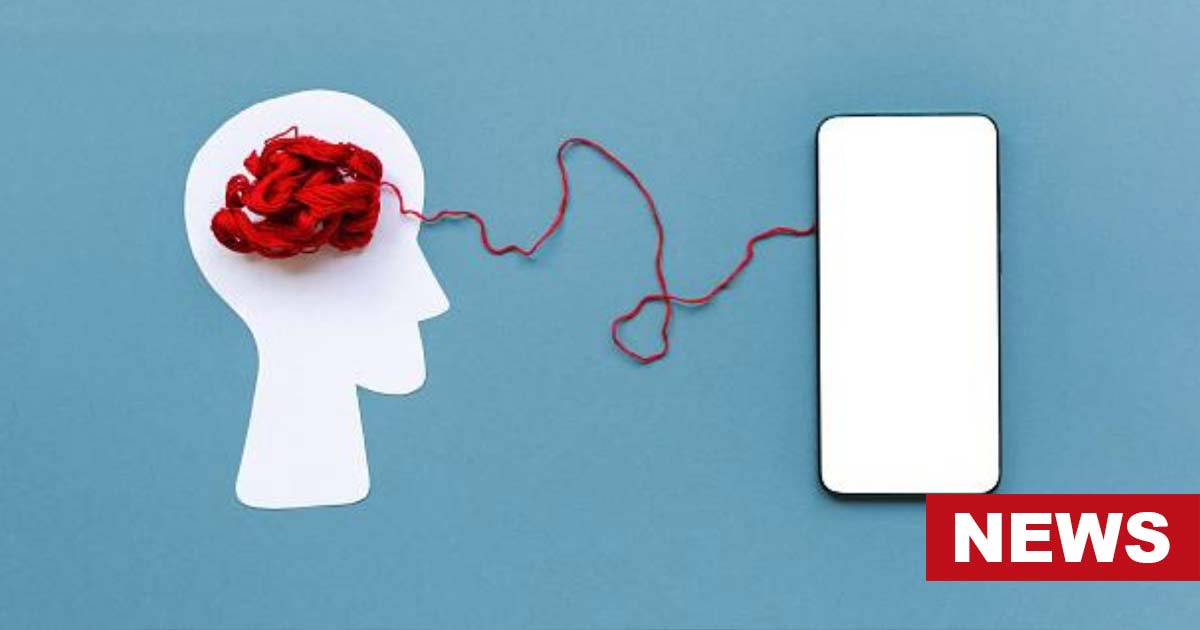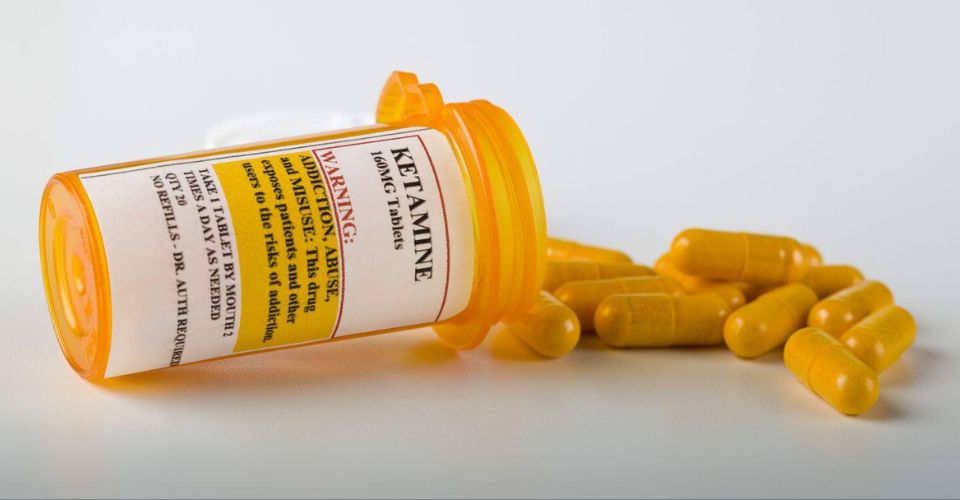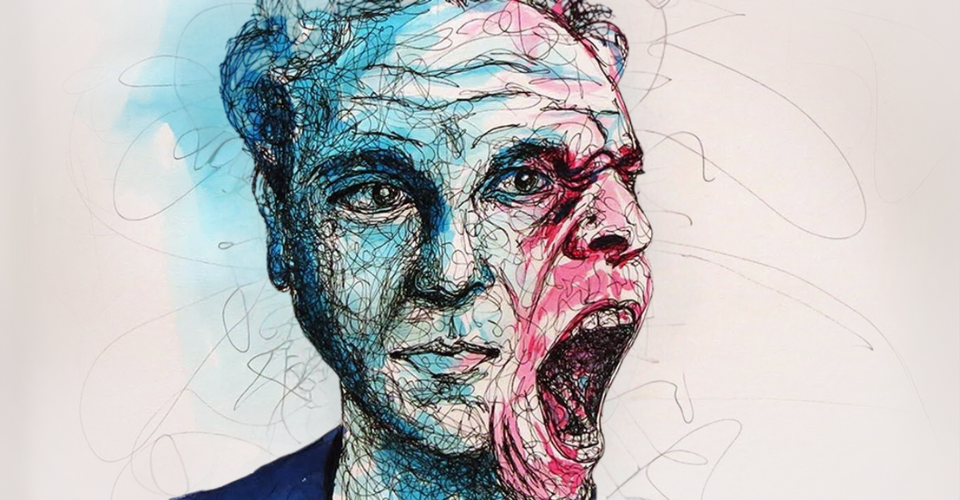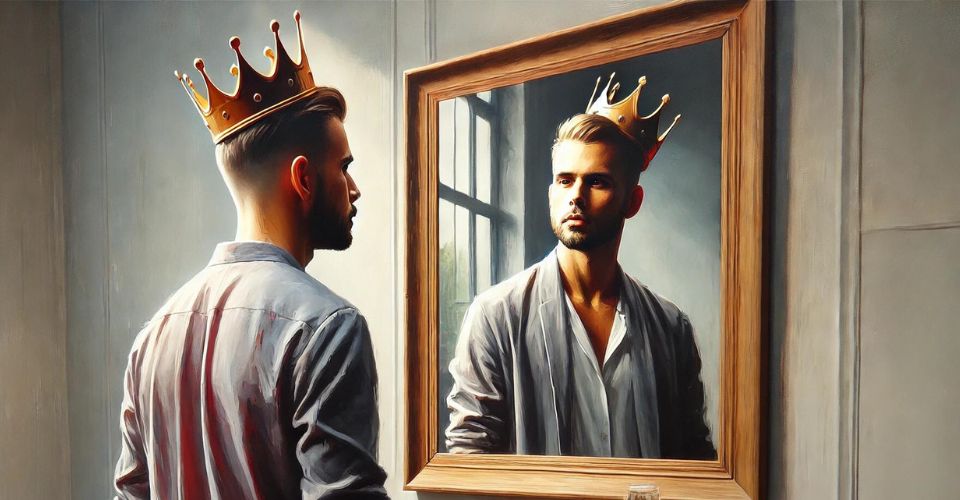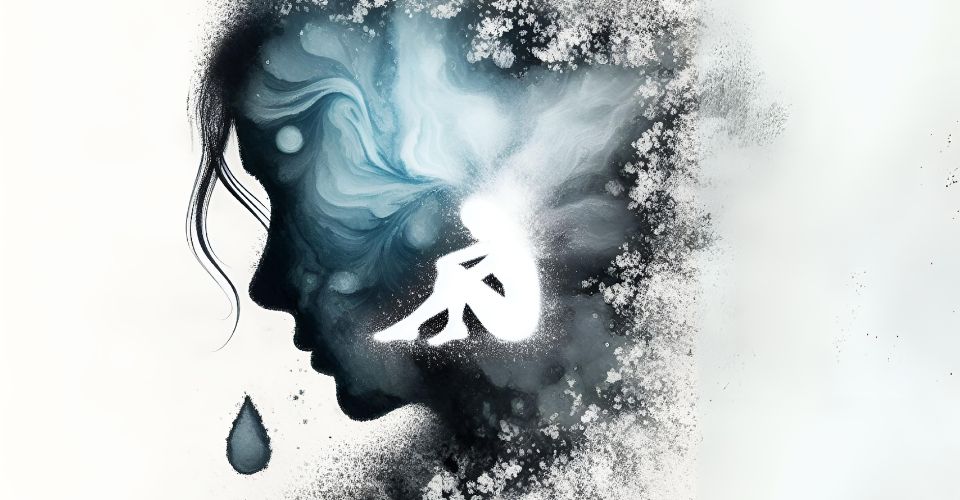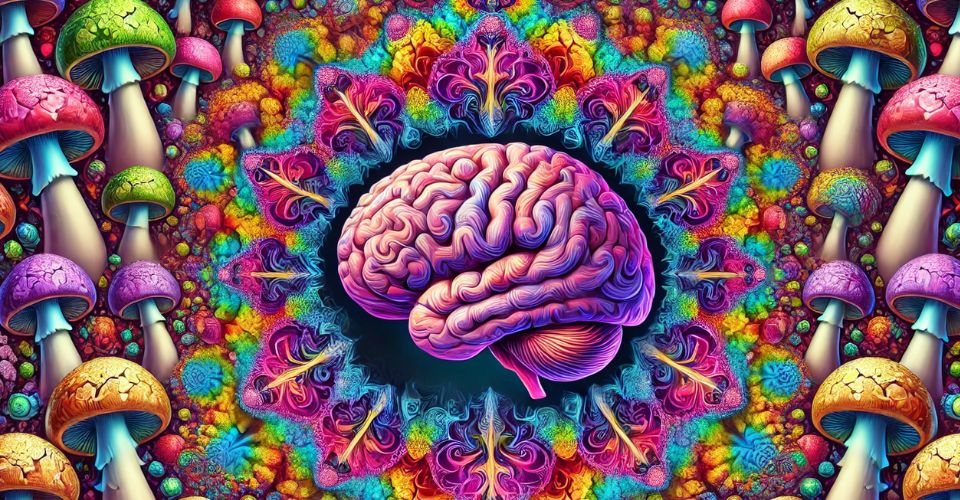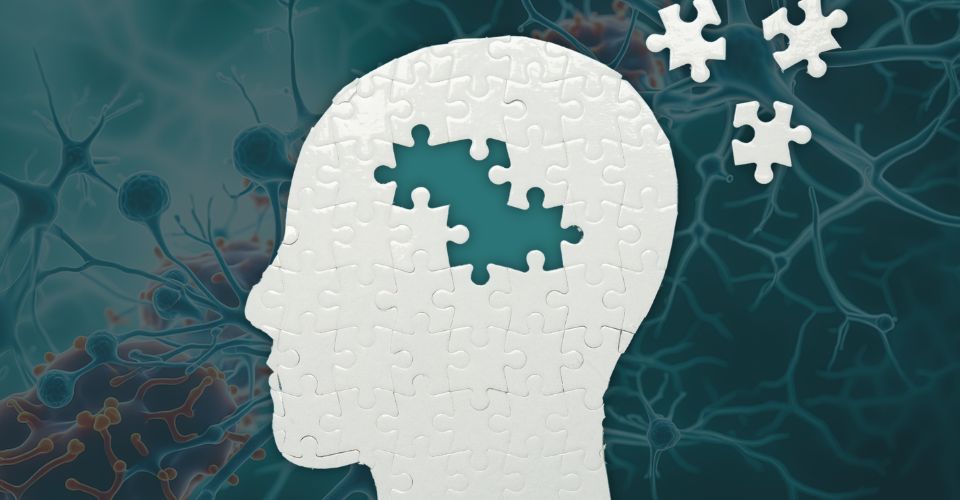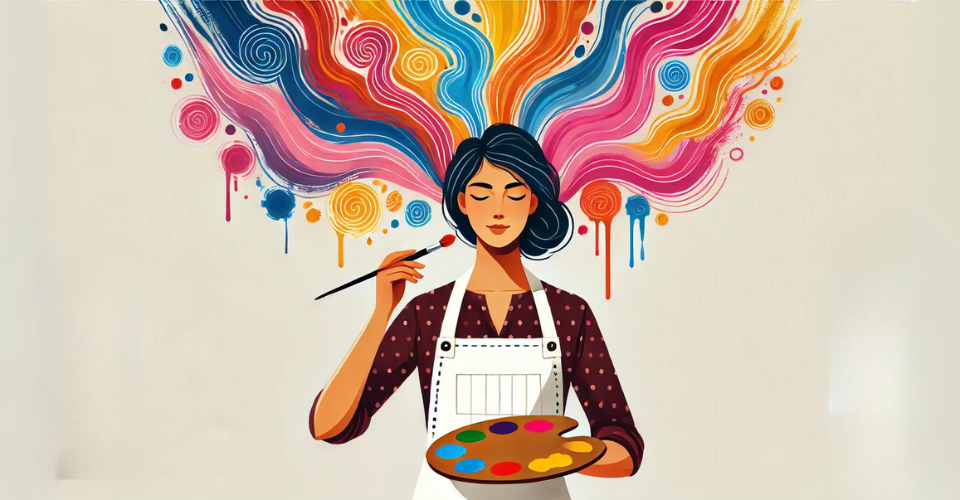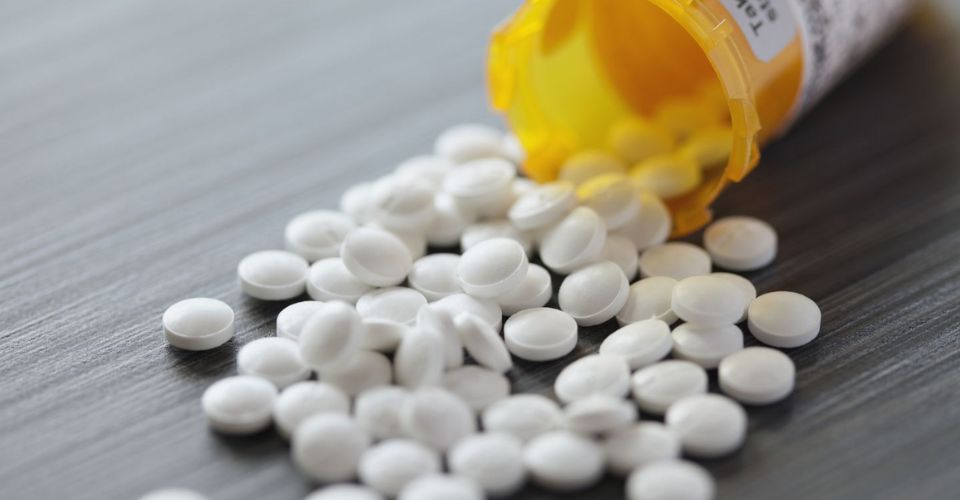Suniel Shetty, the renowned Bollywood actor and investor with a diverse investment portfolio spanning health & wellness, fitness, health-tech, edu-tech, FMCG, and pet care, has made an undisclosed investment in India’s exclusive chain of luxury mental health treatment centers, Veda Rehabilitation & Wellness.
Shetty’s investment aims to launch one of the groundbreaking Indian mental health apps called Lets Get Happi, which is backed by Asmara Investments, a private equity firm owned by Manun Thakur. Over the next two years, the app plans to invest ₹55 crore to offer accessible and inclusive mental health support, while also combating the stigma associated with mental health issues.
The creation of Suniel Shetty’s mental health app marks a pivotal step in democratizing mental health treatment both in India and globally. Impressed by Manun Thakur’s dedication to Veda’s vision, Shetty eagerly offered his support when the idea of developing an affordable and accessible app was presented. The Lets Get Happi app aims to provide people with crucial mental health tools and online therapy, enabling them to flourish in all aspects of life.
By addressing the significant gap in the existing mental health support landscape, the app fosters inclusivity and provides a safe environment for users to seek anonymous assistance without fear of judgment or stigma. Shetty believes that the app exemplifies a focused commitment to resolving the social aspects of mental health understanding and acceptance in India.
Veda Rehabilitation & Wellness inaugurated its first center in Mumbai in March 2021 and has since expanded to Bengaluru and New Delhi. The company plans to establish four additional centers in Hyderabad, Kolkata, Chandigarh, and Chennai during this fiscal year.
However, these centers cater to a super-premium clientele, accommodating only four patients at a time and charging around ₹6 lakh per month. Recognizing the need to make mental health services more accessible to a broader segment of society, Manun Thakur, the founder and CEO of Veda, envisioned the app as an affordable alternative to expensive offline centers.
With a minimal session cost of just ₹500, Lets Get Happi addresses the key issues of accessibility, affordability, and anonymity. Thakur emphasizes the company’s mission to raise awareness among more people about mental health through this initiative.
The launch of Lets Get Happi coincides with increasing discussions surrounding mental health in India and worldwide. The app offers 24-hour access to therapy sessions with qualified psychologists, along with various features such as meditations (including some inspired by House and Electronic Dance Music), journaling, and assessment tests – all conveniently integrated into a single platform.
Thakur’s ambitious plans extend beyond the app, as he intends to open a total of 24 Veda centers across the country. He believes that considering the current level of awareness and purchasing power, these centers can be established in 24 cities.
So far, ₹11.5 crore has been invested in Veda and the Lets Get Happi app. While the offline centers have been profitable, the app requires additional investments for promotions and content development. Thakur intends to collaborate with schools and colleges to raise awareness about mental health and the benefits of using the app.
Moreover, the company is actively creating diverse content, which demands funds to ensure its quality and effectiveness. As of now, Veda Rehabilitation & Wellness has a valuation of ₹150 crore and has not sought institutional funding.
The company performed a soft launch of Lets Get Happi at the end of May, which has already seen 16,000 organic downloads. The current version of the app includes audio, video, and chat-based therapy sessions, journaling, psychological assessment tests, and wellness content contributed by industry experts.
Additionally, it offers meditations encompassing various themes, from chants of OM to those inspired by EDM and House Music. The next version, scheduled for release in January 2024, will introduce AI as the first responder, cognitive and memory improvement games, premium content, podcasts, and interactive journaling.
The Problem With Developing Countries Like India And Mental Health Apps
While Indian mental health apps (like Suniel Shetty’s Lets Get Happi) are commendable ventures to address a burgeoning mental health crisis, the very nature of the country as a developing, inadequately educated nation poses challenges in the realm of mental health. These apps hold promise in making mental health support accessible and affordable, but they encounter several obstacles.
Firstly, limited internet connectivity and smartphone penetration in rural areas hinder the reach of such mental fitness apps in India to the most vulnerable populations. Additionally, cultural stigmas surrounding mental health issues may deter individuals from seeking help through digital platforms.
Furthermore, language barriers can impede the effectiveness of these Indian mental health apps, as many users may not be proficient in English, which is often the primary language used in app development.Moreover, the mental health apps developed for these countries must be culturally sensitive and consider the unique challenges and socio-economic contexts faced by their users.
Inadequate funding and government support for mental health initiatives may also hinder the growth and development of effective apps. To address these issues, collaboration between app developers, mental health professionals, and policymakers is crucial to create tailored solutions that can overcome these barriers and ensure the benefits of mental health apps reach those who need them the most in developing countries like India.

